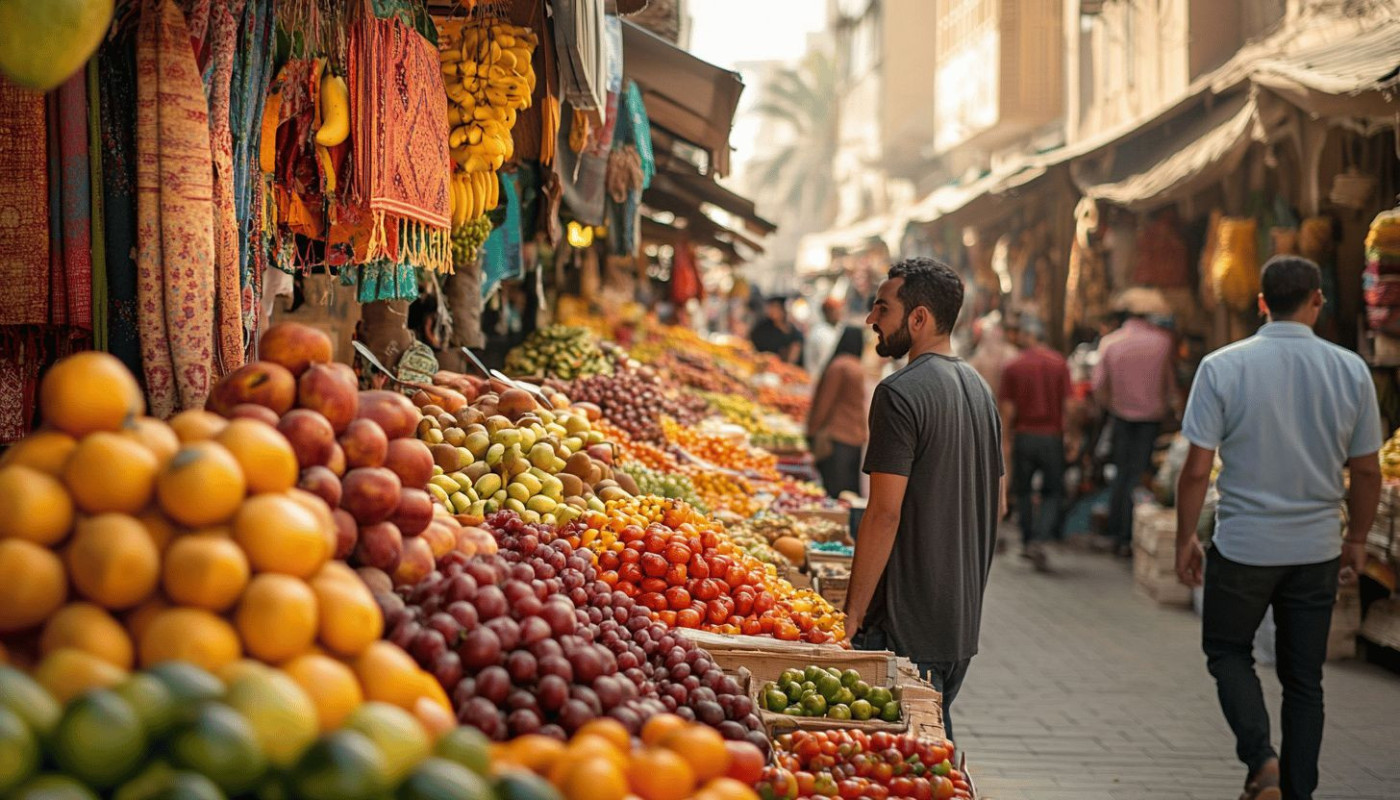Table of contents
Embarking on a journey through the heart of wine country offers an unmatched experience that appeals to the connoisseur and the eco-conscious traveler alike. This excursion is not just about indulging in the finest wines; it's a venture into the sustainable practices that can be embraced while exploring the lush vineyards and local communities. Discover how to enjoy the rich tapestry of the wine region responsibly, with a minimal footprint, and with respect for the environment and local cultures. Prepare to be guided through the necessary steps to ensure your trip is as eco-friendly as it is unforgettable.
Embracing Eco-Friendly Transportation
When traversing the scenic vistas of wine country, opting for sustainable transportation methods can significantly lessen your carbon footprint. By choosing electric vehicle rentals, you contribute to cutting down carbon emissions, a technical term denoting the greenhouse gases released by traditional combustion engines. This eco-friendly travel option is not only kinder to the environment but also often offers a quieter, smoother ride, allowing you to fully immerse yourself in the tranquility of the vineyard landscapes.
Bike tours represent another excellent way to navigate through the heart of wine country. Pedaling along the winding roads and lush vineyards provides an intimate experience of the region while promoting health and reducing environmental impact. The pace of a bike tour naturally encourages a deeper connection with the land, fostering an appreciation for the meticulous process of winemaking. Additionally, utilizing public transportation where available supports local infrastructure and economies, further cementing your role in a sustainable travel culture.
As you plan your journey, it is vital to consider the environmental impact from the outset. Embracing these sustainable transportation options not only reflects a commitment to preserving the natural beauty of the wine country but also enhances your overall experience. By being mindful of your travel choices, you directly contribute to the longevity and health of these cherished regions, ensuring they can be enjoyed for generations to come.
Choosing Sustainable Accommodations
When embarking on a journey through the heart of wine country, selecting sustainable accommodations is a key factor in minimizing your environmental footprint. Eco-conscious lodgings strive to uphold energy efficiency, often utilizing renewable energy sources, implementing smart designs that reduce power consumption, and employing advanced technologies to manage heating and cooling systems. Waste reduction is another pillar in their operations, with comprehensive recycling programs and policies that aim to minimize single-use plastics and other non-biodegradable materials. By opting for these types of establishments, you're not only ensuring a lower impact on the environment but also fostering the use of local materials and labor, which aids in sustaining the local economy and preserving traditional craftsmanship.
Moreover, choosing to stay in eco-conscious lodgings signifies a commitment to protecting the region's delicate natural and cultural heritage. This choice helps sustain the picturesque vineyards and the communities that have cultivated them for generations. It also sends a powerful message to the hospitality industry, reinforcing the demand for green hospitality and encouraging more businesses to adopt sustainable practices. When travelers make conscious decisions about where they stay, they actively contribute to the growth of sustainable architecture within the sector, paving the way for a more responsible and eco-friendly tourism industry.
Engaging with Responsible Wine Estates
When visiting the verdant expanses of wine country, it is paramount to select wineries that prioritize sustainable viticulture and environmental stewardship. These wineries go beyond merely producing excellent wines; they adopt practices essential to preserving the region's ecosystem. The commitment to organic farming is one such practice, emphasizing the avoidance of synthetic pesticides and fertilizers, and instead fostering soil health through natural methods. Organic certification serves as a dependable indicator of these practices, assuring visitors of the winery's dedication to sustainability.
Another key aspect of a responsible winery is its approach to water conservation. With viticulture being a water-intensive process, forward-thinking estates implement measures to reduce water use, such as drip irrigation systems and moisture monitoring technologies. Biodiversity also plays a pivotal role in a sustainable vineyard, with many wineries planting cover crops and maintaining habitats to support a rich variety of plant and animal life, ultimately leading to more resilient vineyards.
By choosing to support these conscientious producers, you contribute to the long-term vitality of the wine region. For those planning a holiday in Burgundy, for instance, seeking out estates with these sustainable practices not only enriches the travel experience but also invests in the region's environmental future. Savvy travelers can thus savor the terroir with a clear conscience, knowing that their enjoyment does not come at the expense of the land's health and heritage.
Participating in Local Culture and Economy
Engaging with the local culture and economy is not just a fleeting trend, it is a meaningful avenue to ensure the sustainability and richness of your travel experiences. When you dine at farm-to-table establishments, you are not just savoring the freshest flavors the region has to offer, but also supporting the agricultural community that forms the backbone of the area. This type of agrotourism showcases the cycle of food from its source to your plate, creating a deep connection between you and the land you are visiting.
Attending local events and festivals provides an immersive opportunity to celebrate and participate in the unique traditions that define the region's character. Through these experiences, travelers gain invaluable insight into the heart of the community's identity, fostering a sense of understanding and appreciation for the diversity of cultural expressions.
Purchasing handcrafted goods at artisans’ stalls or sampling local produce at farmers' markets does more than just provide souvenirs or snacks; it directly contributes to the vitality of the local economy. These transactions allow travelers to take a piece of the local heritage home while ensuring that the people who maintain these traditions can continue to thrive. In this symbiotic relationship, visitors not only enrich their own lives with meaningful memories and goods but also play a pivotal role in sustaining the economies of the places they cherish. The practice of investing in the local economy transforms a simple getaway into a substantial act of cultural exchange and economic reinforcement.
Leaving No Trace Behind
In embarking on a journey through wine country, adopting a 'leave no trace' philosophy is not just a considerate approach, but a manifestation of conservation ethics. To minimize your environmental impact, waste management is paramount. It's advisable to sort and recycle materials appropriately, and where possible, choose establishments that provide facilities for recycling. Emphasize the practice of composting organic materials, which returns nutrients to the soil and reduces landfill waste. Understanding the significance of these actions helps in preserving not only local beauty but also the delicate balance of ecosystems that support vineyards and surrounding habitats. Additionally, respecting wildlife and natural resources is vital. This means staying on marked trails, not disturbing plants and animals, and refraining from taking anything from their natural environment. By following these guidelines, you can ensure that the picturesque landscapes and vibrant communities of wine country remain unspoiled for others to cherish.
Similar



